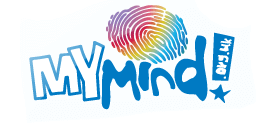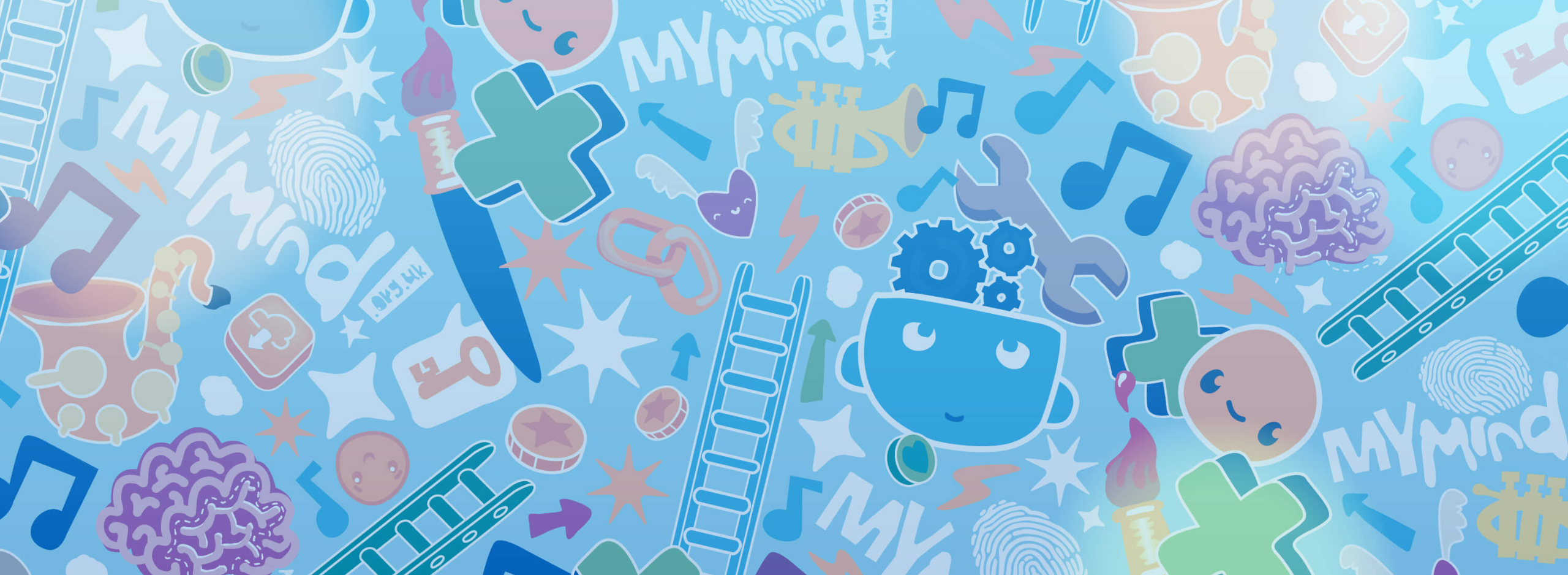We all feel low from time to time, but sometimes these feelings can last for months or longer, and stop you from being able to enjoy your life.
The important thing to remember is that you’re not alone and lots of people struggle with low mood. And the good news is, there are lots of ways to get support and start to feel better, including ways you can help yourself.
When someone is struggling with low mood for a longer time, we sometimes call this depression. If you have depression, you may find that:
- You often feel low for most of the day
- You don't have motivation to do things you’d usually enjoy, like hobbies or seeing friends
- You often feel tearful or irritable
- You feel numb or empty
- You sleep more or less than usual
- You eat more or less than usual
- You struggle to focus
If you are struggling with low mood, MyMind offers a mood diary template to help you more easily understand your thoughts and feelings. The following resources might also be able to help.
WeHeartCBT
WeHeartCBT is a collection of resources aimed at helping children and young people who are struggling with symptoms of anxiety and/or low mood. Resources are based on a Cognitive Behavioural Therapy (CBT) approach and are for mental health professionals, schools and parents/families.
Moodjuice
Moodjuice is designed to help you think about emotional problems and work towards solving them.
CUES
CUES is a successful and innovative early intervention programme for primary aged children – developed by Clinical Psychologists and CBT Therapists from the South London and Maudsley NHS Foundation Trust. It has useful skills and resources online.
Charlie Waller Memorial Trust
Charlie Waller Memorial Trust provide self-help resources for young people, families/carers and professionals on depression, emphasising that talking about it is the first step.
Visit the Charlie Waller Memorial Trust website.
NHS Inform
The NHS Inform website provides a depression self-help guide that uses cognitive behavioural therapy (CBT).
Childline
Everyone feels down sometimes. But if you’ve been feeling low for a while or your feelings stop you enjoying life, it's important to get some help. Take your mind off things with games, use our tools to find ways to cope or get creative and let your feelings out. It’s all in your handy toolbox.
NHS
Most people feel low sometimes, but if it's affecting your life, there are things you can try that may help. Support is also available if you're finding it hard to cope with low mood, sadness or depression.
Young Minds
Just as your body can become unwell, your mind can become unwell too. And just like with physical illnesses, treatment and support is available. Use Young Mind's guides to find out more about different mental health conditions, how to cope with your feelings and what support is available to you.

